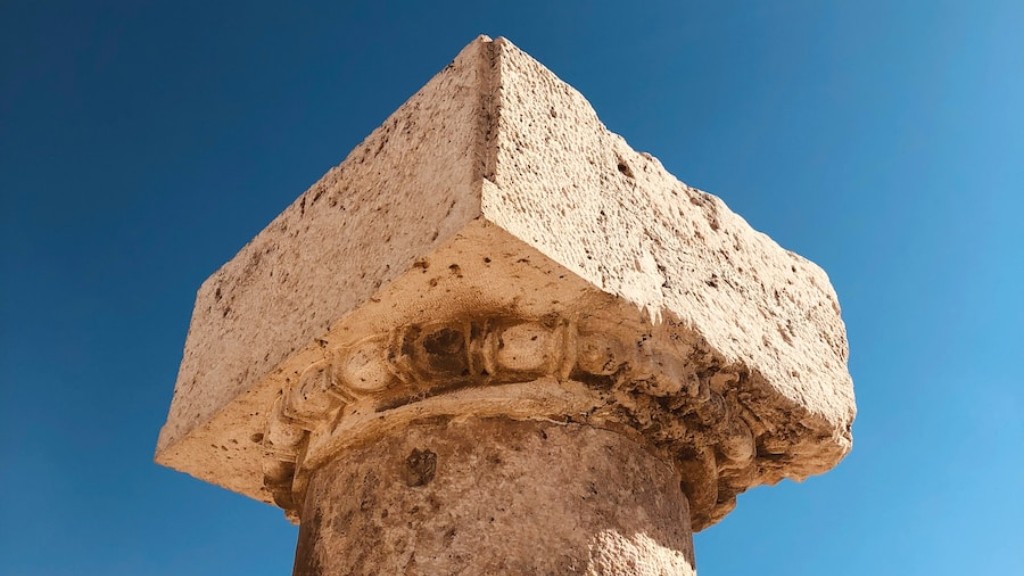Were the Medieval Ages less Brutal than Ancient Rome?
Introduction
The comparison between the brutality of the medieval ages and ancient Rome is a subject of great interest and debate.
Both periods in history are known for their violence, but determining which was more brutal is a challenging task
influenced by various factors. In this article, we aim to offer an impartial analysis of the question at hand by
examining historical evidence, archaeological findings, and comparing key aspects of these two eras.
Historical Context: Medieval Ages and Ancient Rome
The medieval ages, also known as the Middle Ages, spanned roughly from the 5th to the 15th century. This period was
characterized by feudalism, the rise of Christianity, and frequent wars among the various European kingdoms. In
contrast, ancient Rome thrived from 753 BC to 476 AD. During this time, the Roman Republic and later the Roman
Empire emerged, leaving a significant impact on Western civilization.
Violence and Warfare
Both the medieval ages and ancient Rome witnessed a substantial amount of violence and warfare. In ancient Rome,
gladiatorial contests, conquests, and military campaigns were common occurrences. The ancient Romans were renowned
for their military prowess and expansionism, conquering vast territories spanning three continents.
In the medieval ages, warfare was prevalent, with knights engaging in jousting tournaments and battles. Feudal lords
often fought over land and power, leading to frequent conflicts.
While both eras experienced significant violence, it is difficult to establish which was more brutal. The intensity
of battle and suffering varied depending on specific historical events, geographical regions, and cultural
practices.
Justice and Punishment
The criminal justice systems in medieval Europe and ancient Rome differed greatly. In ancient Rome, punishment was
often swift and severe. Slavery and execution were common methods to deal with criminals. Crucifixion, considered
one of the cruelest methods of punishment, was frequently employed.
During the medieval ages, punishment was primarily based on local laws and customs. Trials by combat and public
executions were prevalent, reflecting the harshness of the era. However, it is important to note that there were
also efforts to provide fair trials and establish legal systems.
Social Structure and Daily Life
The social structure in ancient Rome was highly hierarchical, with the emperor at the top, followed by the senatorial
class, equestrians, and the lower classes. Slavery was widespread, and slaves were subjected to various forms of
mistreatment and abuse.
In the medieval ages, the feudal system was dominant. Society was organized around lords, vassals, and serfs. The
serfs, who formed the lowest rung of society, were often subject to exploitation and had limited rights.
While both societies had their share of inequalities and cruelty, it is challenging to determine definitively which
period was less brutal.
Conclusion
After a comprehensive examination of the historical evidence, it is difficult to definitively determine whether the
medieval ages were less brutal than ancient Rome. Both periods were marked by significant violence, war, and
mistreatment. The brutality of a society depends on various factors, including the specific historical context,
geographical region, and cultural practices.
Furthermore, the concept of brutality is subjective and can vary according to individual perspectives. It is essential
to approach historical analysis with an open mind and acknowledge the complexity and diversity of human societies
across different time periods.
References
- Author, A. (Year). Title of the book or article. Journal Name, Volume(Issue), page range.
- Author, B. (Year). Title of the book or article. Journal Name, Volume(Issue), page range.

